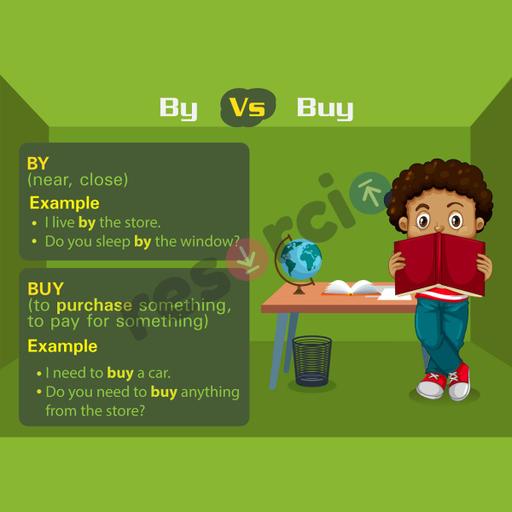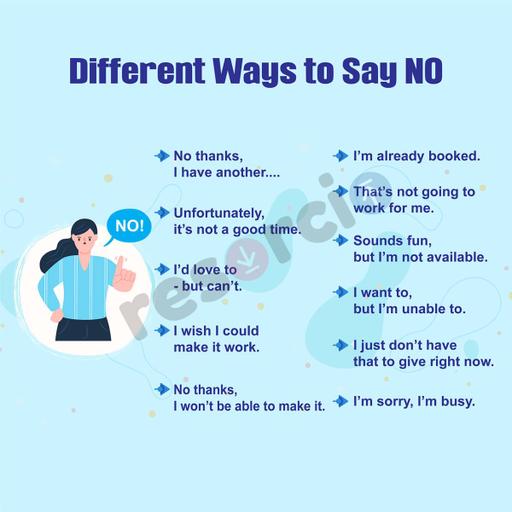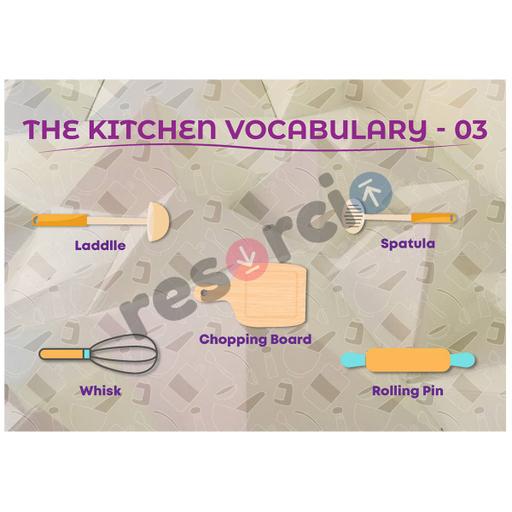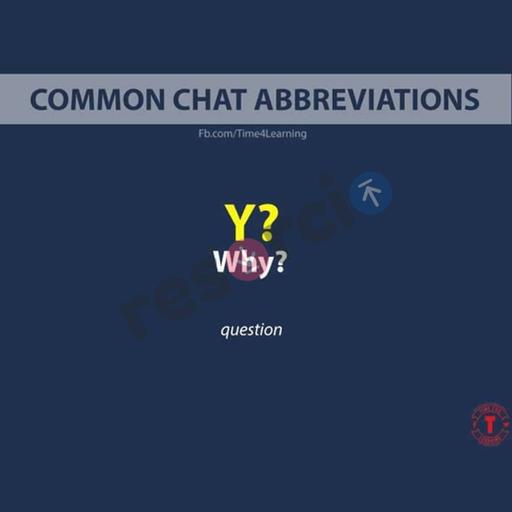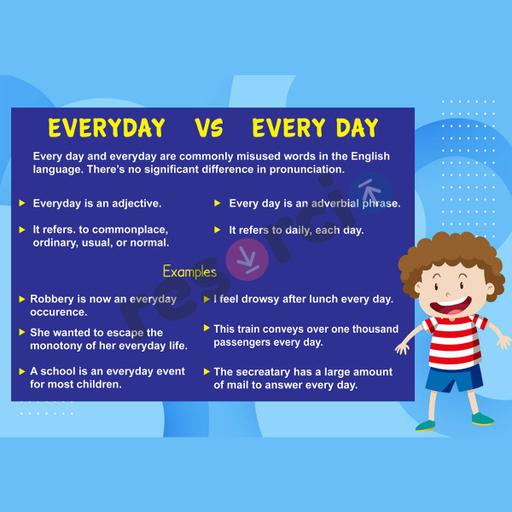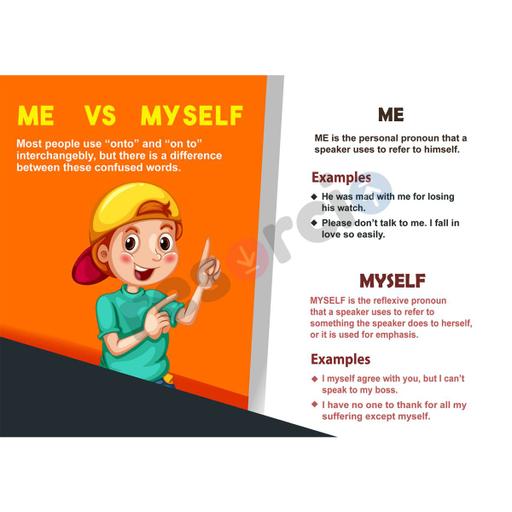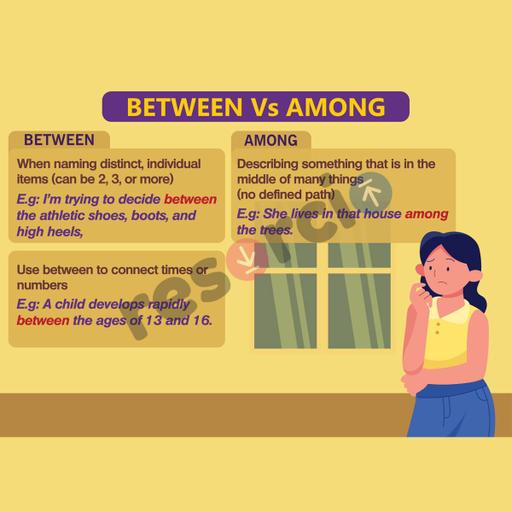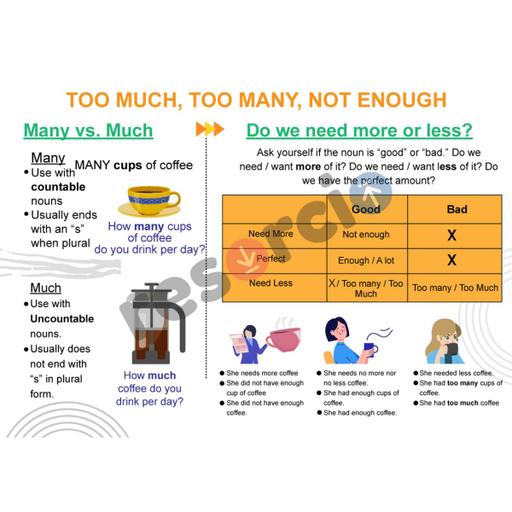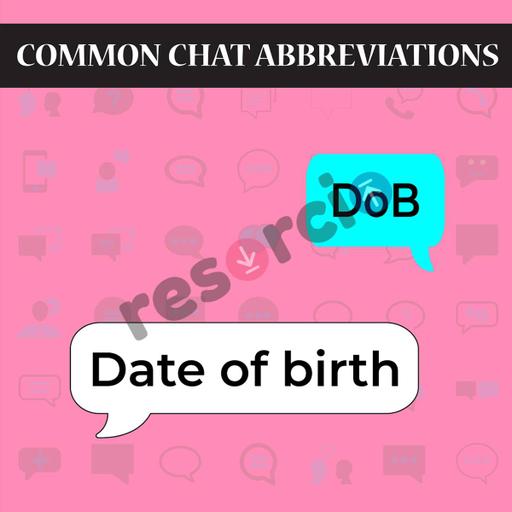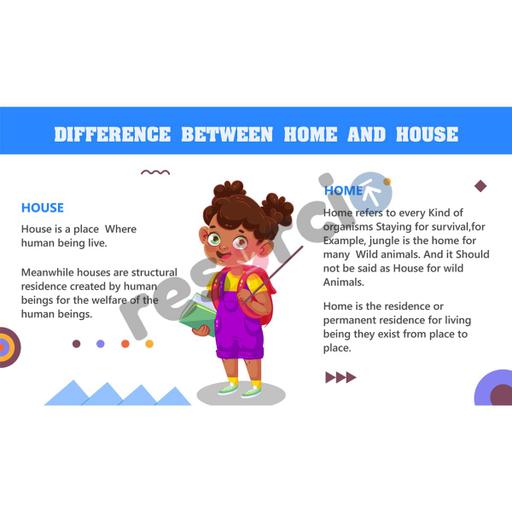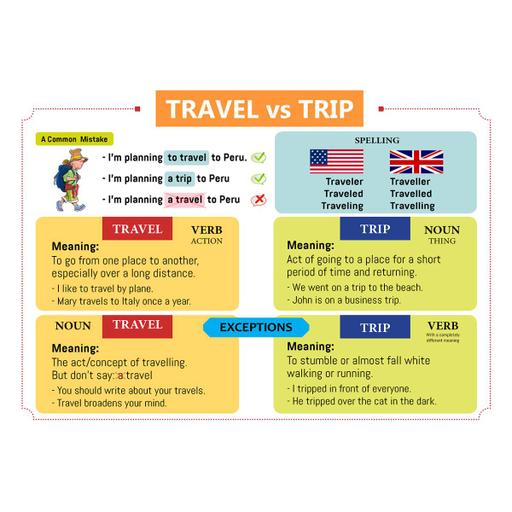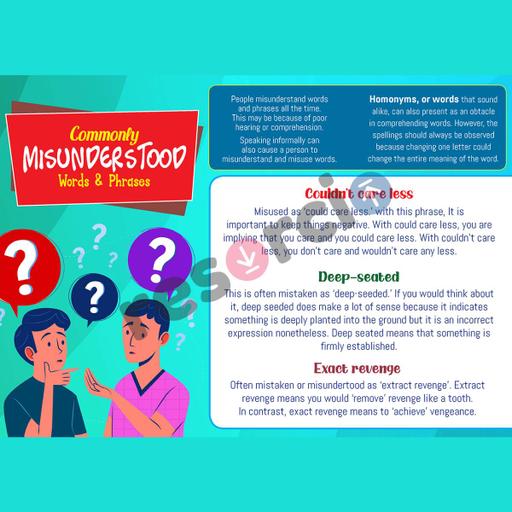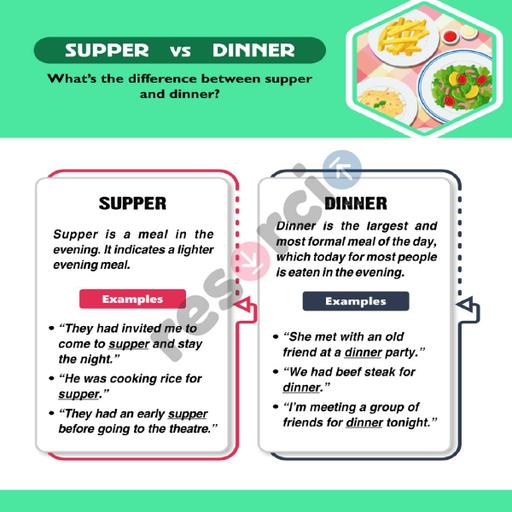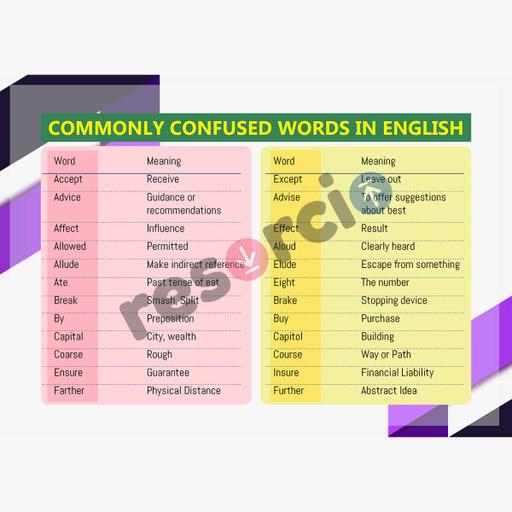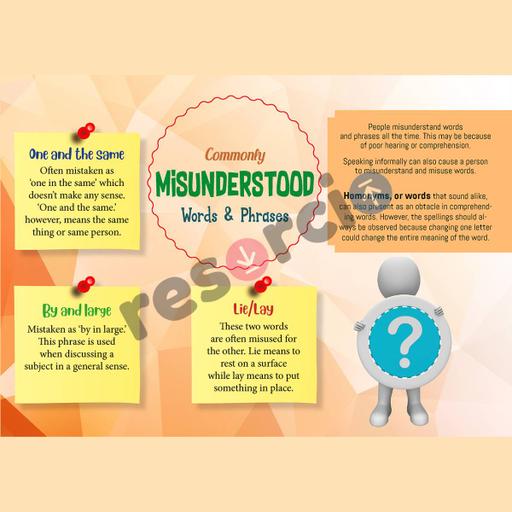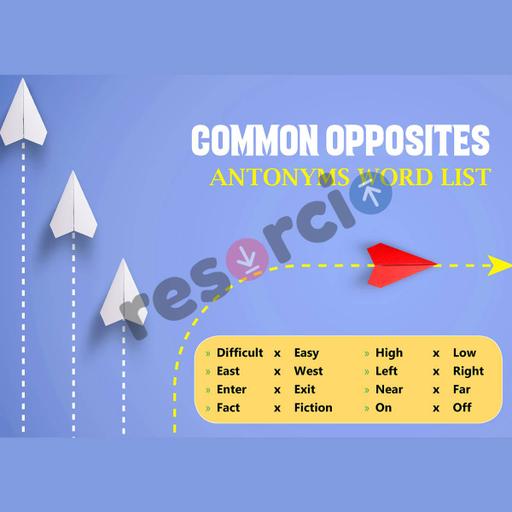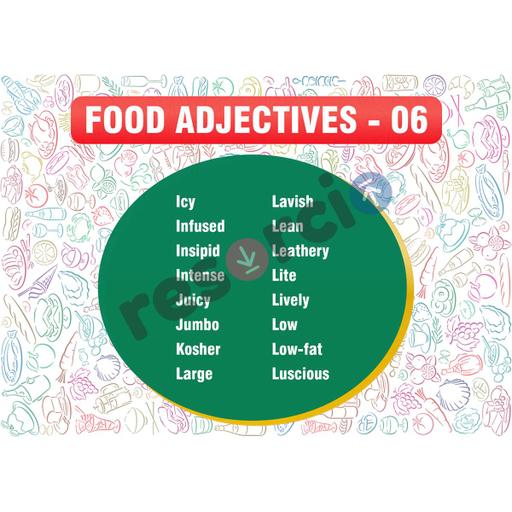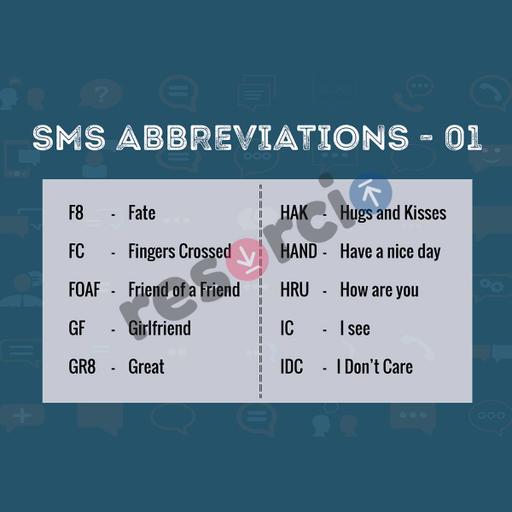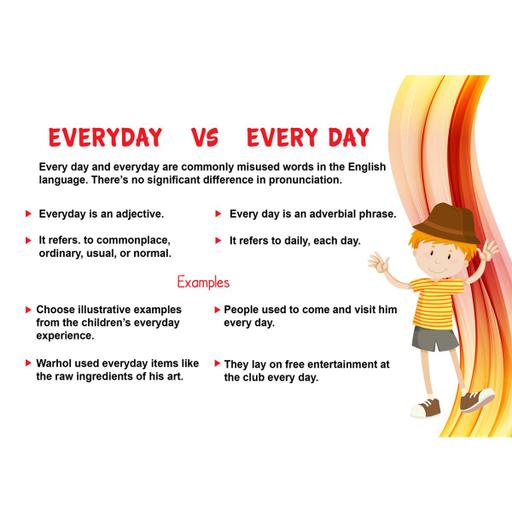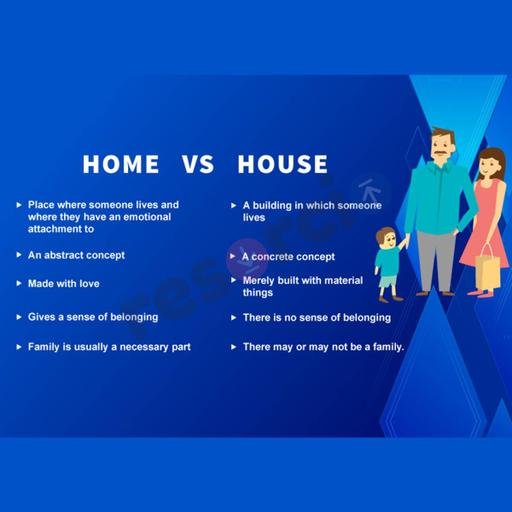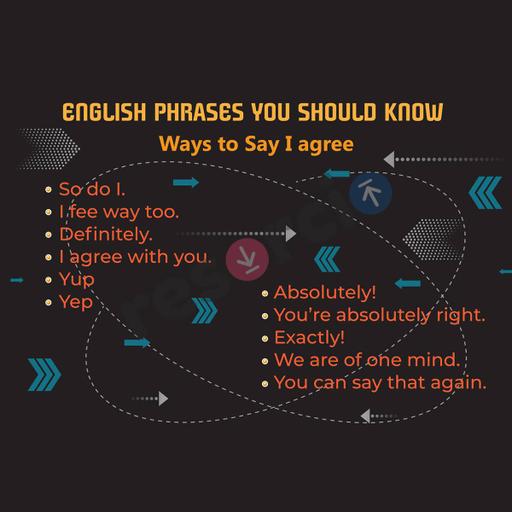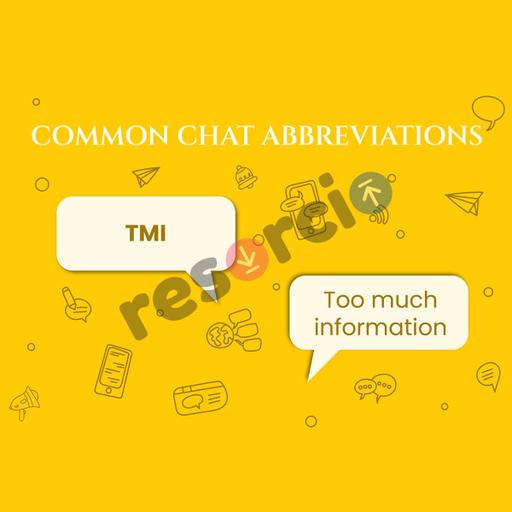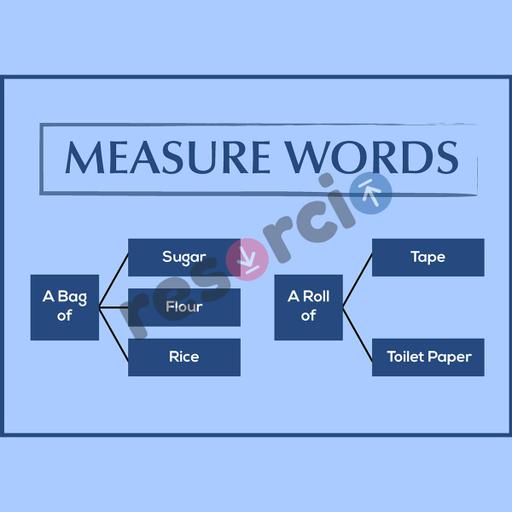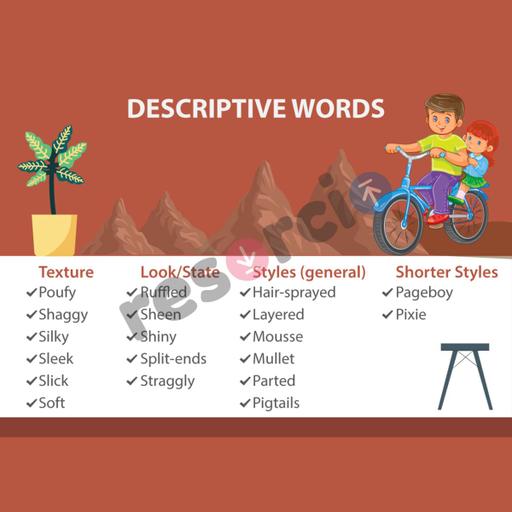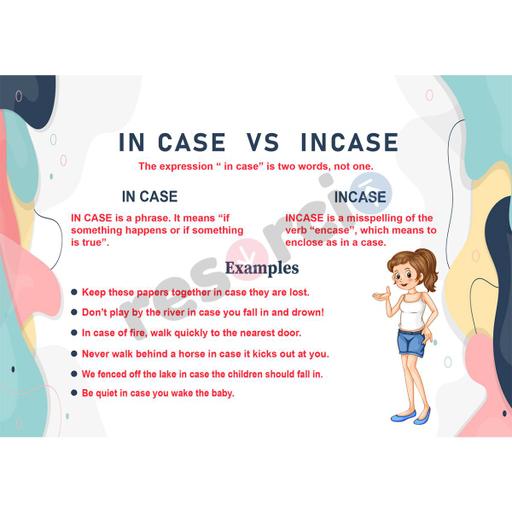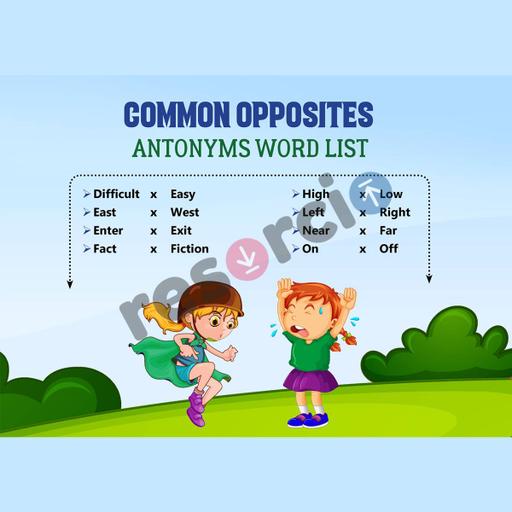Vocabulary & Word Origins
English is a Germanic language belonging to the Indo-European language family that was first spoken by the people of early mediaeval England. It is called after the Angles, an ancient Germanic people who came from Anglia, a Baltic Sea peninsula to the territory of Great Britain that was eventually named after them: England. Scots are English's closest living relatives, followed by Low Saxon and Frisian languages. Although English is a West Germanic language, it has a large vocabulary affected by Old Norman French and Latin, as well as Old Norse. Over the period of more than 1,400 years, English has evolved. Old English refers to the earliest varieties of English, which are a group of West Germanic (Ingvaeonic) dialects brought to Great Britain by Anglo-Saxon invaders in the 5th century and altered by Norse-speaking Viking settlers in the 8th and 9th centuries. The Norman conquest of England in the late 11th century marked the start of Middle English, a period during which English gained a large amount of French and Latin vocabulary through Old French, particularly its Old Norman dialect. The printing press was introduced to London in the late 15th century, and the printing of the King James Bible signalled the beginning of the Great Vowel Shift. Because of the British Empire's and the United States' global influence, modern English has expanded throughout the world since the 17th century. English has become the primary language of worldwide discourse and the lingua franca in many areas and professional contexts such as science, navigation, and law, thanks to all sorts of printed and electronic media in these countries.
